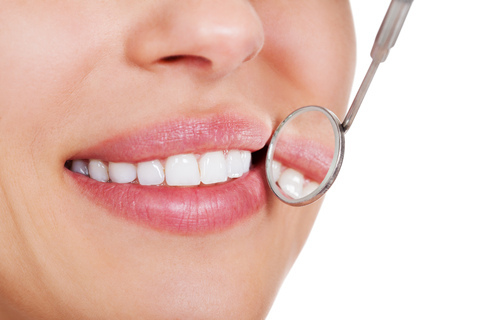Diet and Dental Health: What to eat and what to avoid
September 30th, 2014

You are probably aware that guzzling soda and drinking those sugary Starbucks Frappuccinos aren’t particularly good for your dental health. But how much thought do you give to the effects of your diet on your teeth? Practicing healthy eating habits isn’t just helpful for your waistline, it also ensures that your teeth stay strong and cavity-free.
How diet affects dental health
Our team at Gary Yanowitz, DDS will tell you that your mouth is a complicated place on a microbiological level. Harmful bacteria form dental plaques which convert the sugars in food to acids that wear away at tooth enamel. Meanwhile, saliva washes away some of the detrimental acids, while minerals work to rebuild where teeth are damaged. The foods you eat are important for managing this balancing act between harmful bacteria and helpful rebuilding agents.
Rethinking your diet to prevent cavities
Carefully considering your dietary choices is a smart way to become mindful of the foods you eat and how they affect oral health.
Foods to eat
- Calcium- and phosphorus-rich foods. We’ve all heard that milk builds strong bones, and your teeth are included in that. Milk, cheese, nuts, and chicken are strong sources of calcium and phosphorus. These minerals are used to repair damage to the teeth’s enamel.
- Crunchy fruits and vegetables. Biting into an apple stimulates saliva flow, which washes harmful acids from the surface of your teeth. Turn to other crunchy fruits and vegetables, including carrots, celery, pears, and lettuce, to increase saliva production.
- Sugar substitutes. If you have a sweet tooth but want to decrease tooth decay, sugar substitutes such as Stevia or Equal provide a sugary kick without harming your teeth.
Foods to avoid
- Sugary snacks. Cookies, cakes, candies, and other sugary treats provide a feast for the acid-producing bacteria in your mouth. Furthermore, these foods often get stuck in the ridges of your teeth, and provide a breeding ground for new bacteria.
- Acidic fruits and vegetables. Foods high in acidity, such as tomatoes, citrus fruits, berries, peaches, and lemons, wear away the enamel of your teeth. Because these foods can be part of a healthy diet, remember to brush after eating them or swish with a mouth rinse to protect your teeth.
Eating well is an essential part of keeping your teeth healthy. Consult Dr. Gary Yanowitz about your diet for tips on food habits that keep your teeth strong and cavity-free. For more information about the link between your diet and your oral health, or to schedule an appointment with Dr. Gary Yanowitz, please give us a call at our convenient Pembroke Pines, FL office!



